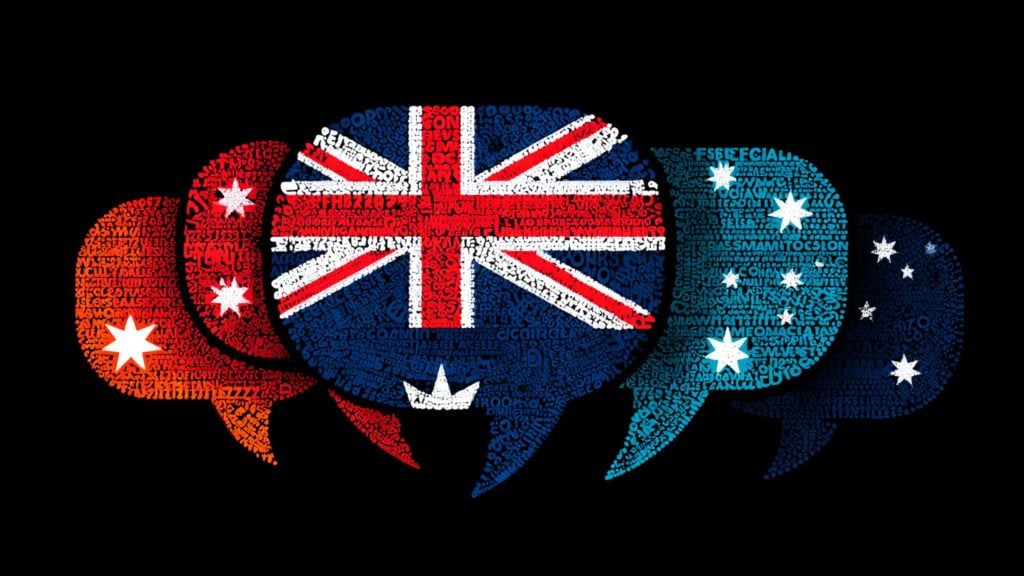
Australia Threatens X with Daily Fines Over Iryna Zarutska Attack Video
Julie Inman Grant’s eSafety office clashes with X, telling the platform to block journalists’ video uploads.

Julie Inman Grant’s eSafety office clashes with X, telling the platform to block journalists’ video uploads.

A mock page name and a few satirical posts are now grounds for death in the Tunisia that once promised free speech.
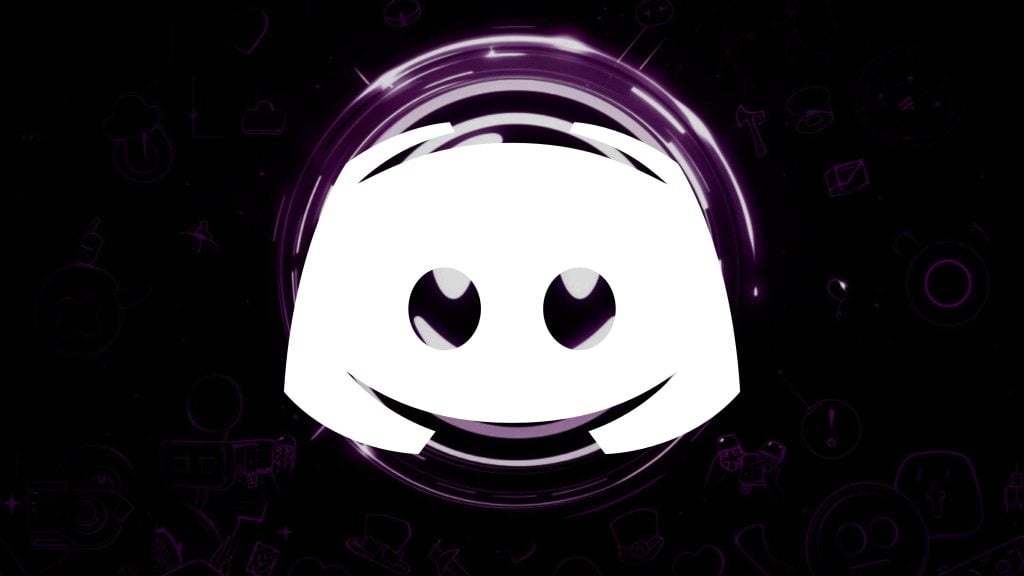
A vendor breach exposing IDs and more is a reminder of the irreversible risks of linking real-world identity to online access.

Even in standby, TVs are still reporting for duty. Here’s what to do about it.

Over 2.7 million signatures couldn’t move the needle on a dystopian plan already set in motion.
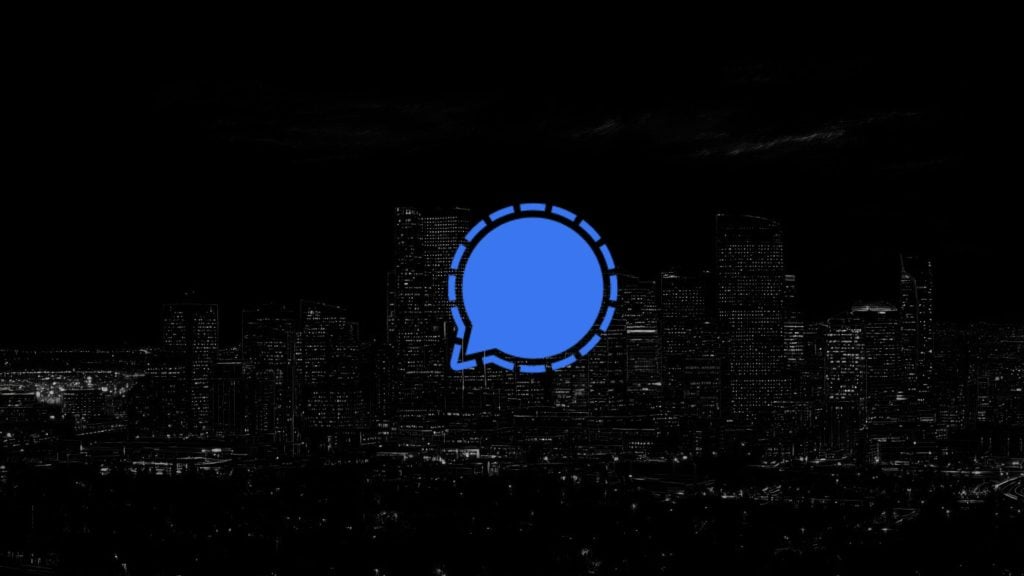
Signal draws a red line in Europe, betting the future of private messaging on a continent unwilling to say no to its own surveillance impulse.
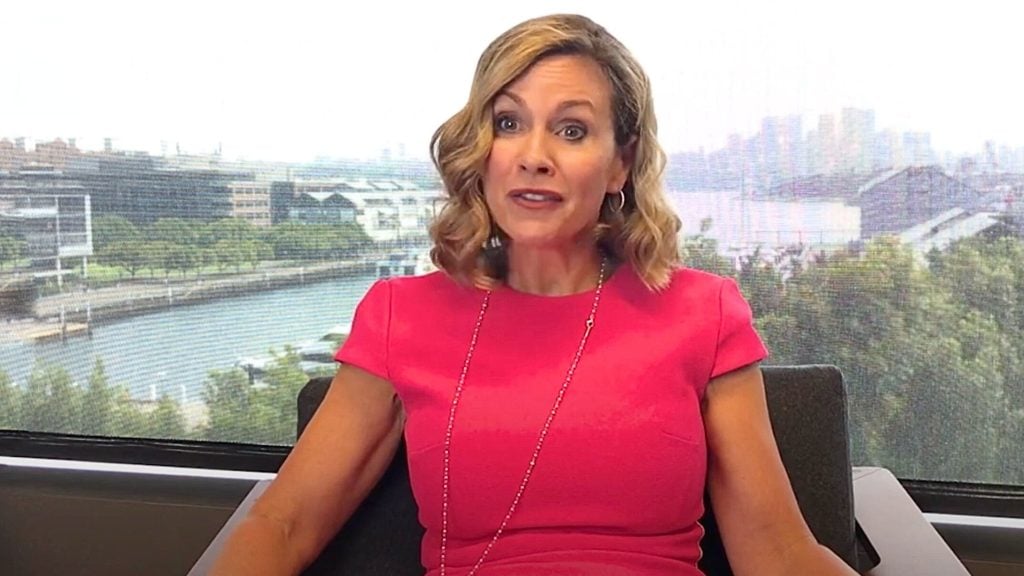
The regulator’s refusal to hand over data highlights how a surveillance system built to monitor online speech now doubles as a barrier to public accountability.

State power over online speech is colliding with private editorial control in a test case that could redraw the boundary between transparency and compelled speech.
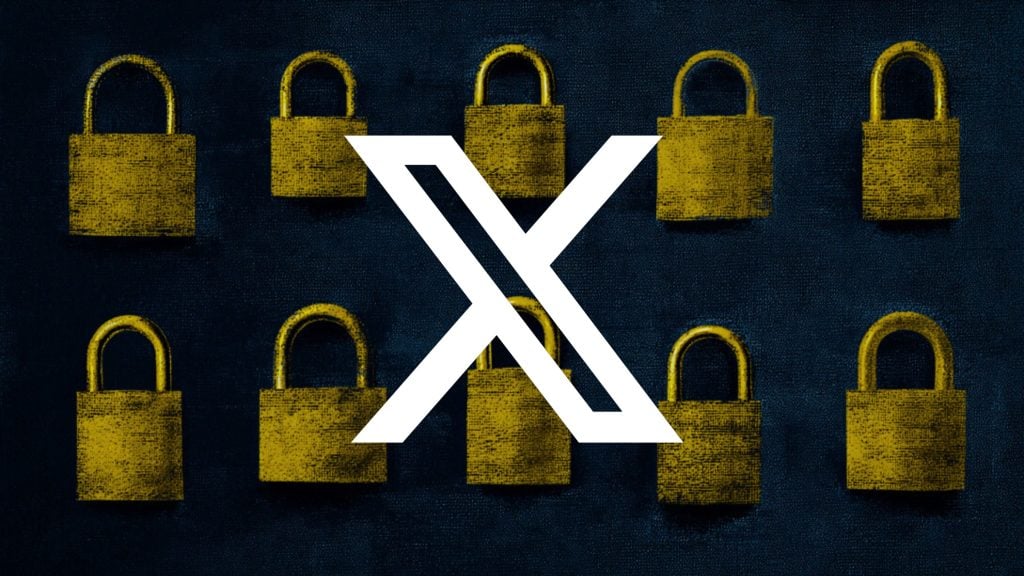
Scanning every message before it’s sent flips the internet’s architecture from private by default to suspect by design.
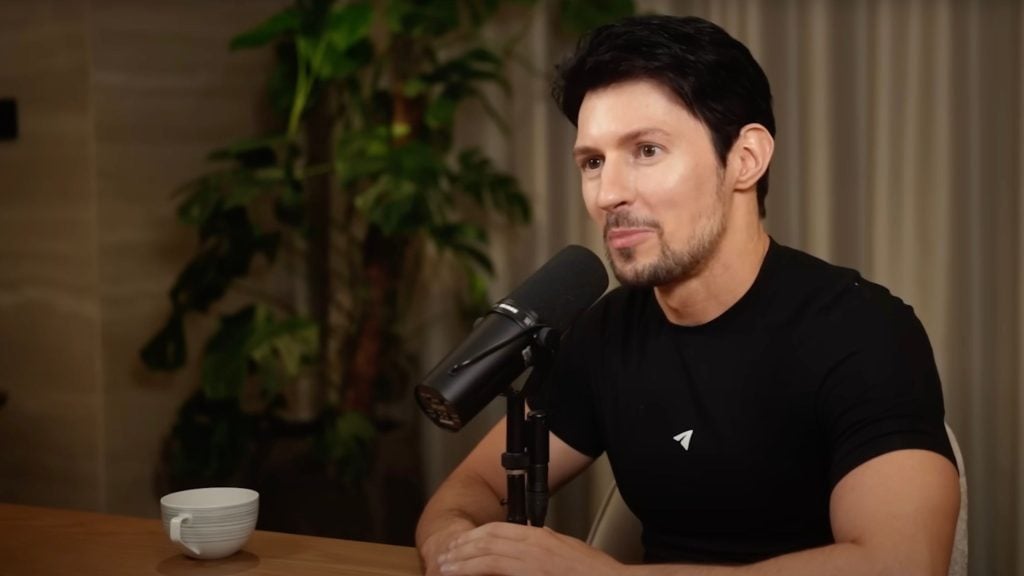
In a defiant interview, Durov warns that Europe’s push for surveillance risks normalizing the very authoritarianism it claims to fight.

Meta is turning casual chats into ad fuel, folding dinner tips and small talk into the same profiling engine that already knows what you scroll past at 2 a.m.

Growth like this suggests privacy isn’t niche anymore, it’s mainstream.
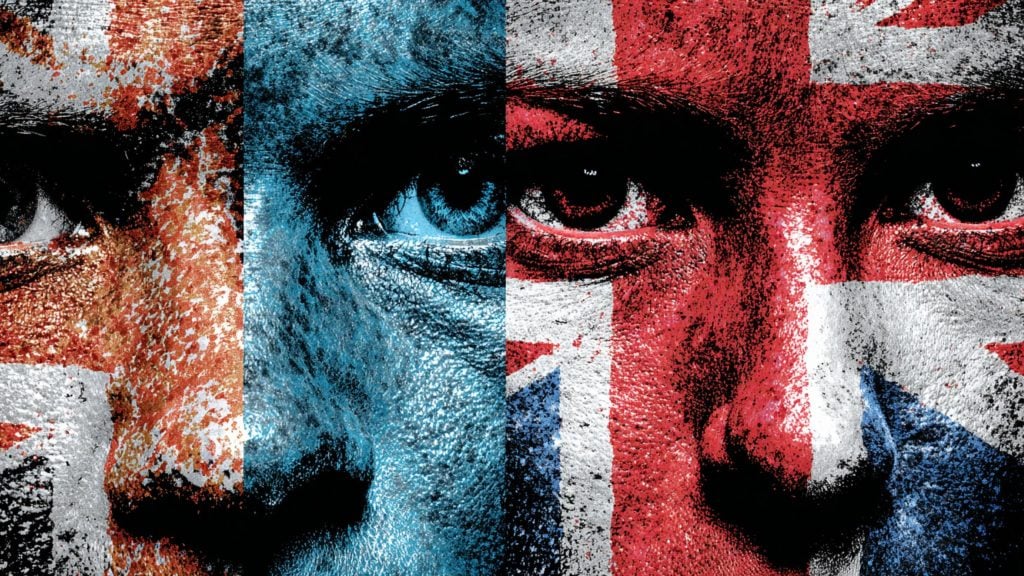
Facial recognition quietly scales nationwide as police double down on a tool still lacking clear legal ground.

Ukraine may be the test lab, but the blueprint is being quietly shipped abroad.

The demand is domestic, but the damage is universal.
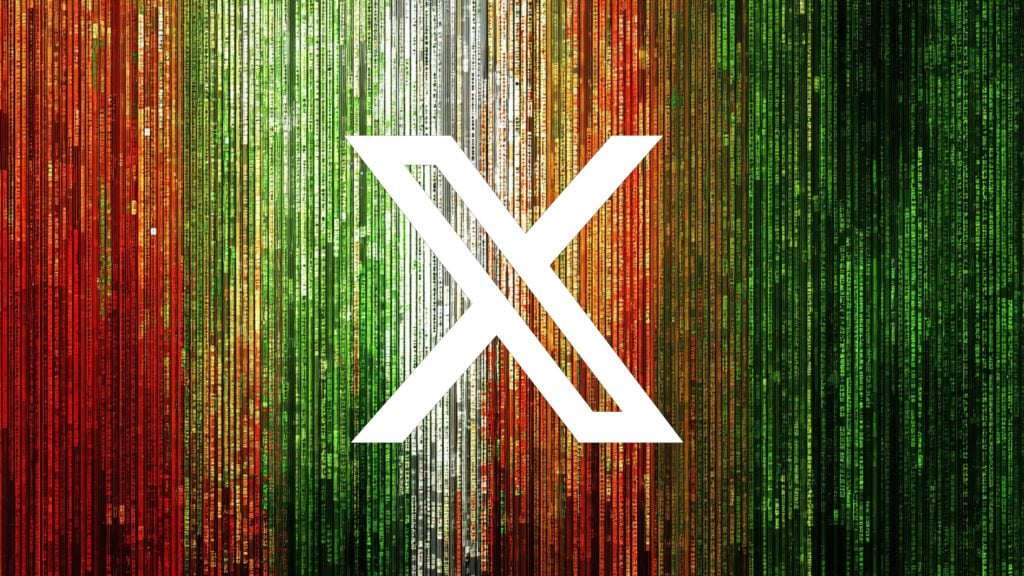
X says Sahyog lets the government scrub the internet without ever stepping into a courtroom.

Taliban enforced nationwide blackout in Afghanistan, halting internet, mobile access, banking, and digital infrastructure.

A counterterrorism tool quietly became a shadow blacklist for political outliers and public servants.
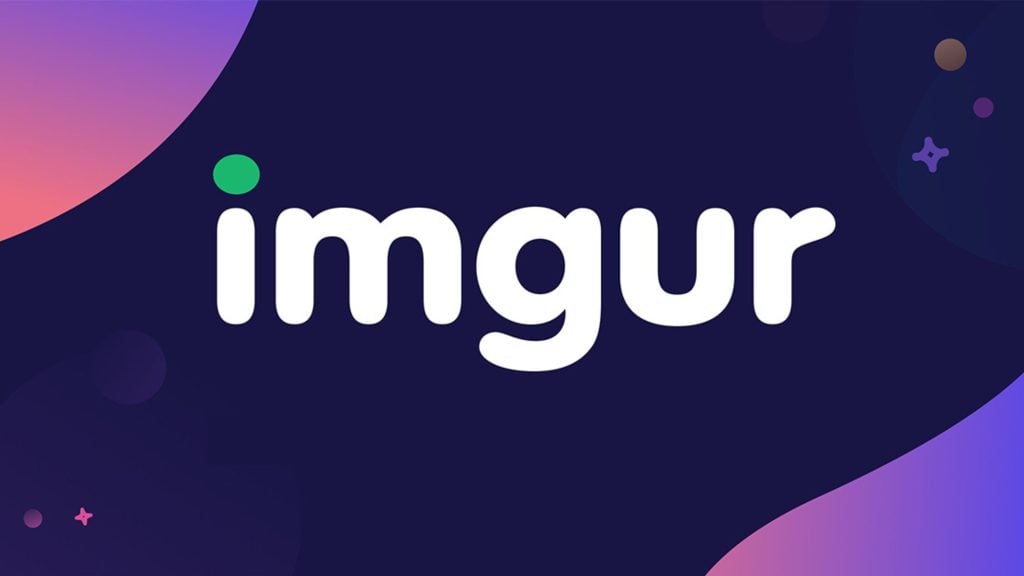
For now, a platform built on anonymity walks away rather than build ID checkpoints.

A crackdown framed as security could erase one of the last open doors left in the Android world.

Under the whir of drones and the gaze of facial recognition, funnel cakes come with a side of surveillance.
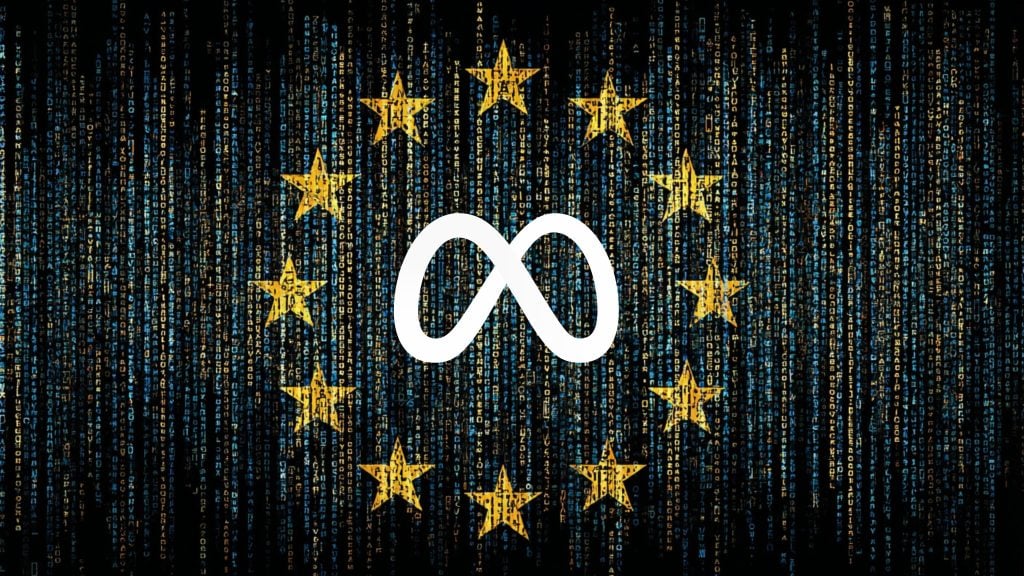
Meta faces EU charges under the Digital Services Act over Facebook and Instagram content censorship failures.

A digital passport wrapped in a social feed, Max turns state surveillance into a lifestyle app.
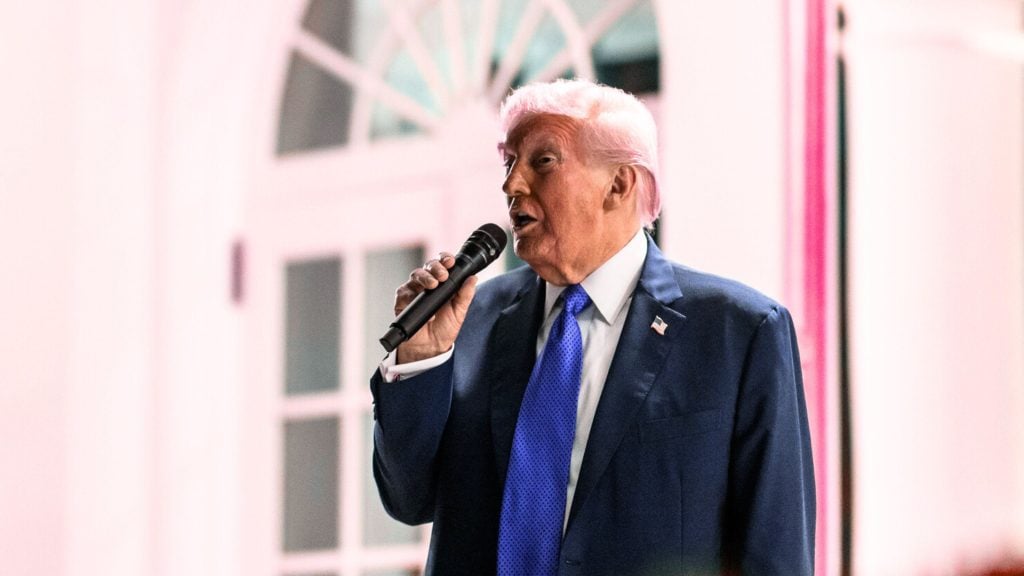
YouTube cuts a check but keeps its content playbook sealed.

Julie Inman Grant’s eSafety office clashes with X, telling the platform to block journalists’ video uploads.

A mock page name and a few satirical posts are now grounds for death in the Tunisia that once promised free speech.

A vendor breach exposing IDs and more is a reminder of the irreversible risks of linking real-world identity to online access.

Even in standby, TVs are still reporting for duty. Here’s what to do about it.

Over 2.7 million signatures couldn’t move the needle on a dystopian plan already set in motion.

Signal draws a red line in Europe, betting the future of private messaging on a continent unwilling to say no to its own surveillance impulse.

The regulator’s refusal to hand over data highlights how a surveillance system built to monitor online speech now doubles as a barrier to public accountability.

State power over online speech is colliding with private editorial control in a test case that could redraw the boundary between transparency and compelled speech.

Scanning every message before it’s sent flips the internet’s architecture from private by default to suspect by design.

In a defiant interview, Durov warns that Europe’s push for surveillance risks normalizing the very authoritarianism it claims to fight.

Meta is turning casual chats into ad fuel, folding dinner tips and small talk into the same profiling engine that already knows what you scroll past at 2 a.m.

Growth like this suggests privacy isn’t niche anymore, it’s mainstream.

Facial recognition quietly scales nationwide as police double down on a tool still lacking clear legal ground.

Ukraine may be the test lab, but the blueprint is being quietly shipped abroad.

The demand is domestic, but the damage is universal.

X says Sahyog lets the government scrub the internet without ever stepping into a courtroom.

Taliban enforced nationwide blackout in Afghanistan, halting internet, mobile access, banking, and digital infrastructure.

A counterterrorism tool quietly became a shadow blacklist for political outliers and public servants.

For now, a platform built on anonymity walks away rather than build ID checkpoints.

A crackdown framed as security could erase one of the last open doors left in the Android world.

Under the whir of drones and the gaze of facial recognition, funnel cakes come with a side of surveillance.

Meta faces EU charges under the Digital Services Act over Facebook and Instagram content censorship failures.

A digital passport wrapped in a social feed, Max turns state surveillance into a lifestyle app.

YouTube cuts a check but keeps its content playbook sealed.















































